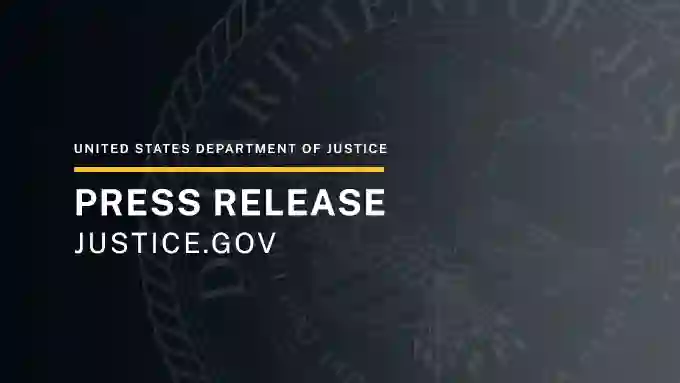When taxpayers fund military purchases, there’s an expectation that the process is fair, transparent, and above all—honest.
But a recent settlement involving a Washington-based defense contractor tells a different story.
Berg Companies Inc., a maker of rigid wall shelters used by the U.S. military, has agreed to pay $3.3 million to settle claims that it manipulated the government contracting system and caused inflated prices for products sold to the Defense Department.
How the Scheme Unfolded Behind the Scenes
Between 2019 and 2021, Berg wasn’t just selling its products directly.
It was part of a supply chain that flowed through Noble Supply & Logistics, a Boston-based prime contractor working under Maintenance, Repair & Operations (MRO) contracts for the Defense Logistics Agency (DLA).
Under those contracts, vendors are expected to compete fairly—at least two for purchases under $25,000, and three for anything above.
But that competitive system was rigged.
Berg coordinated with Noble and two other sub-vendors to submit artificially high bids for Berg’s own products—ensuring that the contract awards went to those other vendors but at inflated prices for the same rigid wall shelters that Berg manufactured.
Inflated Bids, Lost Competition, and a Hefty Bill
Two major schemes were uncovered: in one, Berg helped funnel contracts for ten shelters to a New Mexico vendor.
In the other, 29 shelters went to a Florida vendor, all based on coordinated bids that made it appear the awards were legitimate.
The result? The U.S. military ended up paying more for products it could have sourced for less through honest competition.
Assistant Attorney General Brett Shumate summed it up clearly: this kind of bid rigging kills fair pricing and risks delivering lower-quality products to those who serve.
And in this case, it was the taxpayers and military customers who were left footing the bill.
The Government’s Message: Fraud Has Consequences
Officials from several agencies, including the Justice Department, Department of Defense, and General Services Administration, spoke out after the settlement was announced.
They were united in their message—bid rigging and contract collusion are serious violations that won’t be tolerated.
“This kind of conduct undermines public trust and drives up costs,” said U.S. Attorney Ryan Ellison of New Mexico.
“We’re committed to defending the integrity of the procurement process.”
U.S. Attorney Leah Foley from Massachusetts echoed that, emphasizing the importance of holding companies accountable while also recognizing Berg’s cooperation and willingness to resolve the matter.
Whistleblowers Step In and Speak Up
This case didn’t surface out of nowhere. Two whistleblowers, Mark G. Davis and Andrew G. Gunn, played key roles in bringing the issue to light.
Thanks to the False Claims Act, private citizens can file lawsuits on behalf of the government if they suspect fraud—and they can be rewarded if their claims lead to a settlement.
Davis, a U.S. Army veteran and former employee of one of the sub-vendors, and Gunn, a UK-based businessman whose company sells storage equipment to the U.S. military, were both involved in the process.
Together, they’ll receive a combined $561,000 share of the recovery for their efforts.
A Web of Investigation and Oversight
The $3.3 million resolution didn’t come together overnight.
It was the result of a coordinated investigation involving several agencies: the Defense Criminal Investigative Service (DCIS), the Army and Air Force investigative divisions, and the Office of Inspector General at the GSA.
Legal teams across the Departments of Justice in New Mexico and Massachusetts worked closely with investigators to bring the case to a close.
What Berg Admitted and What Happens Next
As part of the deal, Berg didn’t just pay up—they also admitted to the conduct that led to the settlement.
The company acknowledged its role in submitting and coordinating inflated quotes through other vendors.
However, it’s important to note that while the allegations were serious and the facts have been laid out, there has been no formal finding of legal liability.
The settlement is a civil agreement, and Berg’s cooperation played a part in bringing the matter to resolution.
Bigger Picture: Protecting Taxpayer Funds and Military Trust
This case serves as another reminder of the ongoing battle to keep federal contracting honest and efficient.
Whether it’s defense shelters or any other government purchase, transparency matters.
And thanks to laws like the False Claims Act and the brave steps taken by whistleblowers, wrongdoings like this don’t always stay hidden.
As officials put it—collusion in government contracting doesn’t just cost money.
It chips away at public trust and the resources meant to protect those who serve.
